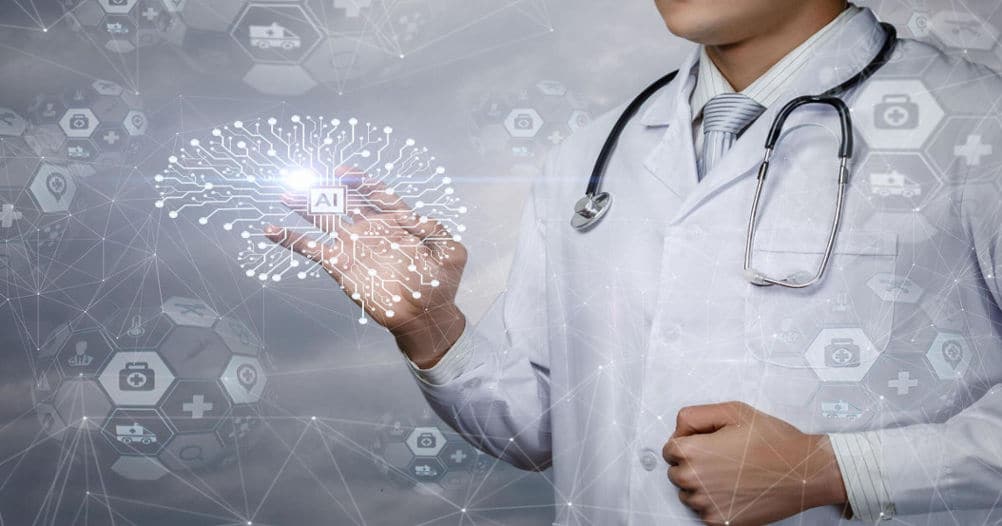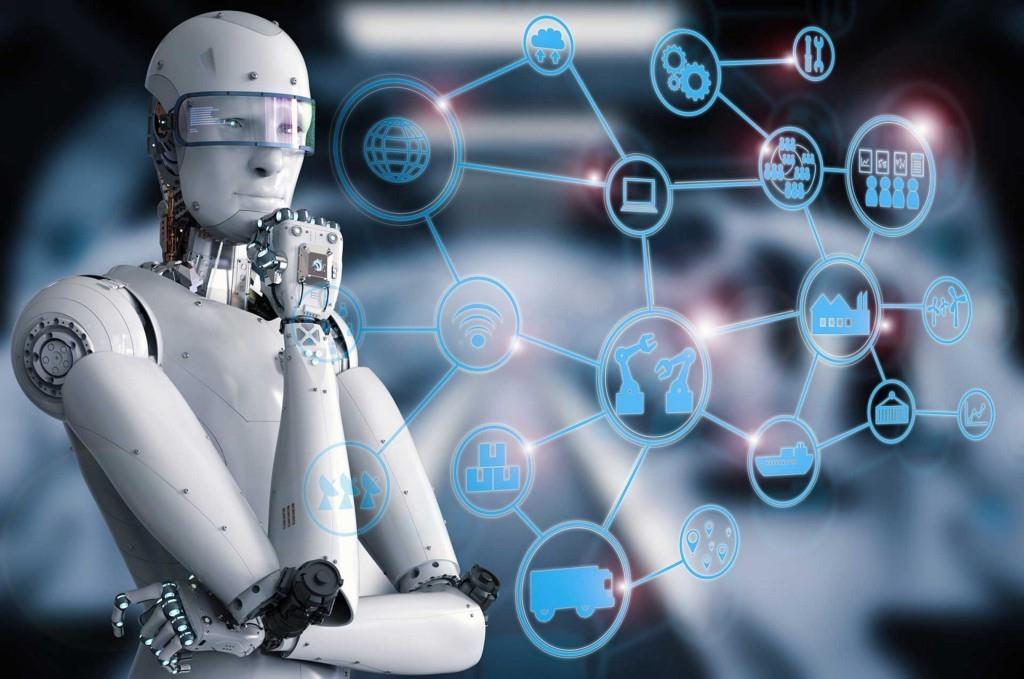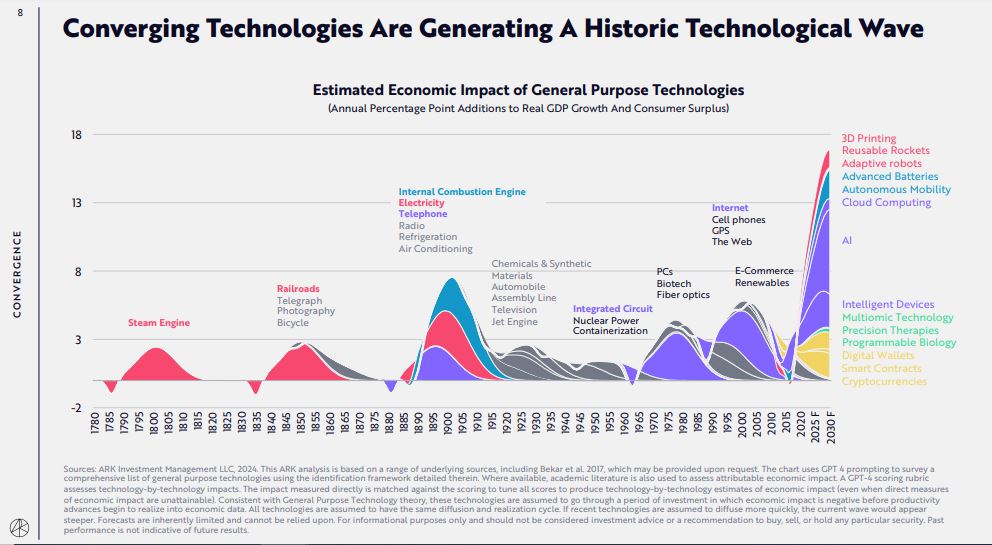AI has become a revolutionary force in the rapidly changing field of modern healthcare. It has altered several medical disciplines and achieved substantial advancements. AI has emerged as a powerful ally in the healthcare industry. As a result, it enables healthcare providers to improve patient outcomes in previously unheard-of ways.
Increasing the accuracy of diagnoses is one of AI’s most notable effects in the medical industry. AI-powered algorithms rapidly and precisely analyze massive volumes of patient data. Information like genetic data, imaging scans, and medical records. With this data, AI systems may see trends and abnormalities that human doctors would find difficult to notice. It might result in earlier and more precise diagnoses.
Let’s explore the top 5 use cases of AI solutions for healthcare. It showcases their potential to revolutionize medical care.
Personalized Patient Care:
Say goodbye to cookie-cutter plans. AI paves the way for precision medicine. Here, care is customized to each patient. Care is by unique genetics, history, and lifestyle. AI analyzes big datasets. It predicts how people respond to treatments. This empowers doctors’ informed decisions for best results. Imagine treating diabetes by genetics. Or tailoring cancer therapy to tumor mutations. This isn’t futuristic. It’s our present reality.
Smarter hospitals! AI chatbots answer questions, schedule appointments, and even watch over patients. This means less waiting and more doctor time. AI also helps hospital staff, ensuring everyone gets the care they need right when needed.
Medical Imaging and Enhanced Diagnosis:
Superpowered vision! AI scans images like an eagle eye, spotting tumors, fractures, and more with amazing speed and accuracy. It learns from giant piles of medical data, leading to faster diagnoses, quicker treatment, and, hopefully, better health!
Think of it like this: Is skin cancer caught early from phone selfies? Yep, AI can do that! Brain mysteries revealed in MRI scans? AI cracks the code. But AI isn’t just a fancy picture viewer. It’s a doctor’s superpower! These smart algorithms analyze X-rays, CT scans, MRIs, and more. Finding diseases, tracking progress, and even helping doctors make sure their calls are right.
AI-powered Research & Development:
AI unleashes creativity in science. AI robots can do intricate lab experiments. They analyze vast genomic data to predict disease outbreaks. AI accelerates drug discovery by suggesting promising drug candidates. This isn’t fantasy. AI already assists researchers in finding new antibiotics. It predicts flu outbreaks and designs personalized vaccines. As AI gets smarter, the pace of medical breakthroughs will accelerate. It will bring life-saving solutions to patients faster than ever.
AI fuels medical research breakthroughs. It discovers new insights, accelerates drug discovery, and aids clinical trials. Machine learning algorithms analyze huge amounts of medical literature, records, and genomic data. They uncover patterns and correlations humans may miss. This helps researchers generate new disease hypotheses. AI also speeds up drug discovery. It predicts new drug candidates’ effectiveness through simulations. AI helps design safer and more effective drugs. In clinical trials, AI assists with patient recruitment. It monitors outcomes and adverse effects. AI optimizes trial protocols.
Smart Diagnosis and Treatment Plans:
Intuition and experience are good. But what if an AI doctor helped 24/7? AI assistants and chatbots are getting smarter. They offer patients and providers support. These virtual friends answer basic medical questions. They schedule appointments and manage medication reminders. AI provides mental health support, too. Imagine monitoring health through AI wearables. Patients get immediate feedback and guidance from virtual assistants. This empowers patients in their own care. It frees providers’ time.
AI augments clinicians. It provides accurate diagnoses and personalized plans. Deep learning models analyze records, labs, images, and patient data. They identify diseases, predict outcomes, and recommend treatments. AI helped diagnose complex conditions like cancer and heart disease. It detects health changes early. AI will play a key role in precision medicine. It analyzes genetics and attributes. AI creates customized plans. This may change care for chronic and complex conditions.
Healthcare Management at the Helm:
AI isn’t just doctors and patients. It revolutionizes healthcare. AI streamlines administrative tasks like scheduling and insurance claims. It allocates resources and does predictive analytics. Hospitals predict readmission rates. AI proactively manages bed availability. Algorithms identify chronic disease risks. It sends early intervention reminders. This data approach improves efficiency and resource use.
AI optimizes operations and management. Algorithms analyze healthcare data. They predict demand, streamline workflows, and allocate resources. AI ensures staffing using emergency room predictions. It monitors the supply chain in a just-in-time manner. This avoids stockouts and waste. AI assists with admin tasks like automated insurance claims. It schedules surgeries and appointments. AI tracks equipment and streamlines billing. This allows focus on direct patient care with improved efficiency.
Conclusion
AI solutions for healthcare and their integration are starting, and the potential is limitless. AI healthcare software and robots may assist in surgery. Algorithms make personalized rehab plans. Medicine’s future is smarter, faster, and more efficient. However, ethics and privacy concerns remain. Human oversight stays crucial as the landscape evolves. As we move forward, embracing AI responsibly ensures access for all. This unlocks AI’s full potential. It creates a healthier, vibrant future for everyone.




